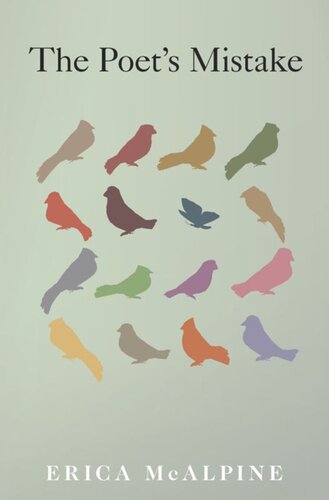

Most ebook files are in PDF format, so you can easily read them using various software such as Foxit Reader or directly on the Google Chrome browser.
Some ebook files are released by publishers in other formats such as .awz, .mobi, .epub, .fb2, etc. You may need to install specific software to read these formats on mobile/PC, such as Calibre.
Please read the tutorial at this link: https://ebookbell.com/faq
We offer FREE conversion to the popular formats you request; however, this may take some time. Therefore, right after payment, please email us, and we will try to provide the service as quickly as possible.
For some exceptional file formats or broken links (if any), please refrain from opening any disputes. Instead, email us first, and we will try to assist within a maximum of 6 hours.
EbookBell Team

0.0
0 reviewsWhat our tendency to justify the mistakes in poems reveals about our faith in poetry—and about how we read
Keats mixed up Cortez and Balboa. Heaney misremembered the name of one of Wordsworth's lakes. Poetry—even by the greats—is rife with mistakes. In The Poet's Mistake, critic and poet Erica McAlpine gathers together for the first time numerous instances of these errors, from well-known historical gaffes to never-before-noticed grammatical incongruities, misspellings, and solecisms. But unlike the many critics and other readers who consider such errors felicitous or essential to the work itself, she makes a compelling case for calling a mistake a mistake, arguing that denying the possibility of error does a disservice to poets and their poems.
Tracing the temptation to justify poets' errors from Aristotle through Freud, McAlpine demonstrates that the study of poetry's mistakes is also a study of critical attitudes toward mistakes, which are usually too generous—and often at the expense of the poet's intentions. Through remarkable close readings of Wordsworth, Keats, Browning, Clare, Dickinson, Crane, Bishop, Heaney, Ashbery, and others, The Poet's Mistake shows that errors are an inevitable part of poetry's making and that our responses to them reveal a great deal about our faith in poetry—and about how we read.